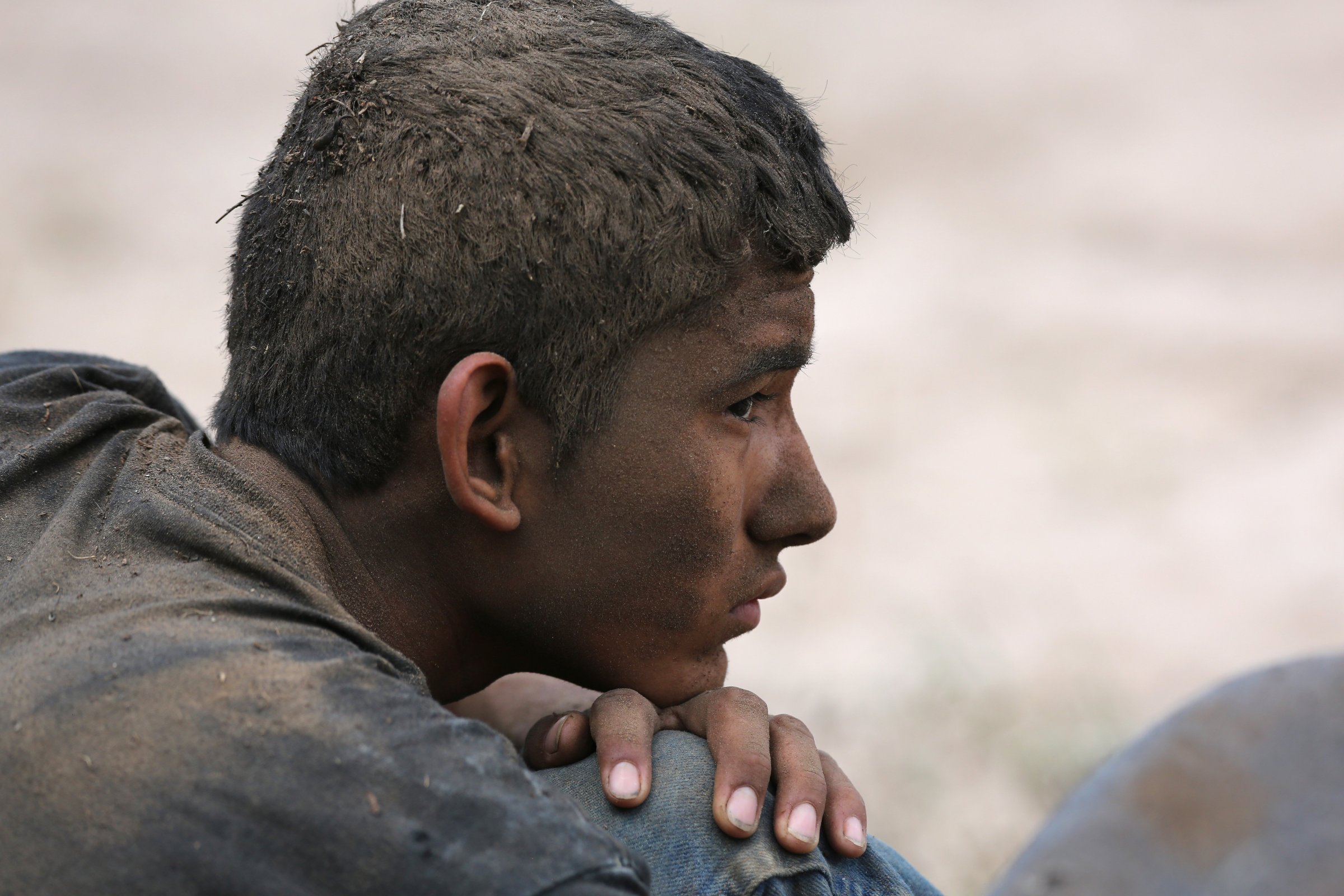
My town, Riverdale Park, Maryland, has grappled with unaccompanied minors arriving from Central America for years. I’ve been the mayor for the last nine, and for even longer, I’ve been an educator in our local school system with a very large immigrant population. Riverdale Park is one-third first-generation immigrant, mostly from Latin America.
The first step toward grappling with new arrivals is to recognize them as neighbors—both as residents and from countries that are now neighbors as well. I know this sounds simple, but until it becomes a reality no real improvement is likely. Neighbors work together and help each other cope with common problems.
As I came to accept the Salvadorans, Guatemalans and Mexican ex-patriots living around me as neighbors, I discovered new partners in addressing the many problems that we, as neighbors, all needed addressing. An influx of de-facto orphans is no different; the only way to constructively deal with the problem will mean real engagement with the broader community of immigrants—the families or sympathetic members of the same ethnic group must be part of the solution.
Modern technology and rapid transportation obliterate distance, and create what I call the “worm hole” effect. Even relatively poor immigrants in my town are able to maintain close and regularly reinforced connections to their lands of origin. Riverdale Park has a worm hole leading to the Mexican state of Puebla, El Salvador and Guatemala. If I were to ignore that tunnel when addressing the issues of my community, I would be doomed to much needless frustration and much avoidable difficulty.
Because of the “worm hole” I know my community will get some of the influx of minors above and beyond the flow that we always see. The kids with family here will naturally end up here for a time anyway, and sympathy for the orphaned will mean the children of distant relatives or friends from the old country are going to naturally draw them here.
As the kids arrive in my region, Riverdale Park is working to ease the situation and cooperate with Governor Martin O’Malley’s placement priority for them—first with family, second with foster care, and lastly in congregated housing. Area churches are always part of the first line of assistance for those in need and I’m lucky to have great partners in helping with basics like clothing, food, hygiene and school supplies. We also are blessed to have several great organizations that focus their efforts on immigrant kids and their specific needs for things like English acquisition and constructive after-school activities. I also put my neighbors in the immigrant community on alert and seek regular updates on how this looks from the street level–for example finding and working with the kids who got through on their own and aren’t identified by the system.
For the young immigrants, whether they are here only a short time or permanently, a basic concern is education. Regardless of whether kids’ destinies are in the United States or a Central American country they need an education to be a productive member of society. In the schools in my area, we have increasingly adapted to teaching students who are in the process of learning English, while speaking another language at home. Systems have traditionally viewed this as a problem, but we see being truly bilingual as an asset and mark of a quality education. Clearly though local jurisdictions need the state and federal governments to insure that no local jurisdiction is overwhelmed beyond their ability to provide classroom space and a reasonable teacher-to-student ratio.
What about the other end of the worm hole? How can we help stem the flow of people from Guatemala, El Salvador and Honduras northward? Talk of root causes and development in Central America almost always misses discussing their greatest need of assistance: creating a strong universal education system. Every official I’ve ever spoken to in Guatemala has emphasized this need. Central American education is poor by every measure, and this state virtually guarantees continued poverty and lack of opportunities for many in these countries. Border control, legal reform (here and there!), drug interdiction, agricultural improvements and a host of other topics clearly are part of the whole picture; however, without an educated population, the countries of Central America will remain locked in a cycle of poverty, desperation and flight to the United States.
Vernon Archer is five term Mayor of the Town of Riverdale Park, Maryland, and teaches social studies, history and English as a second language at William Wirt Middle School in Prince George’s County Public Schools.
More Must-Reads from TIME
- Why Trump’s Message Worked on Latino Men
- What Trump’s Win Could Mean for Housing
- The 100 Must-Read Books of 2024
- Sleep Doctors Share the 1 Tip That’s Changed Their Lives
- Column: Let’s Bring Back Romance
- What It’s Like to Have Long COVID As a Kid
- FX’s Say Nothing Is the Must-Watch Political Thriller of 2024
- Merle Bombardieri Is Helping People Make the Baby Decision
Write to Vernon Archer at varcher@gmail.com